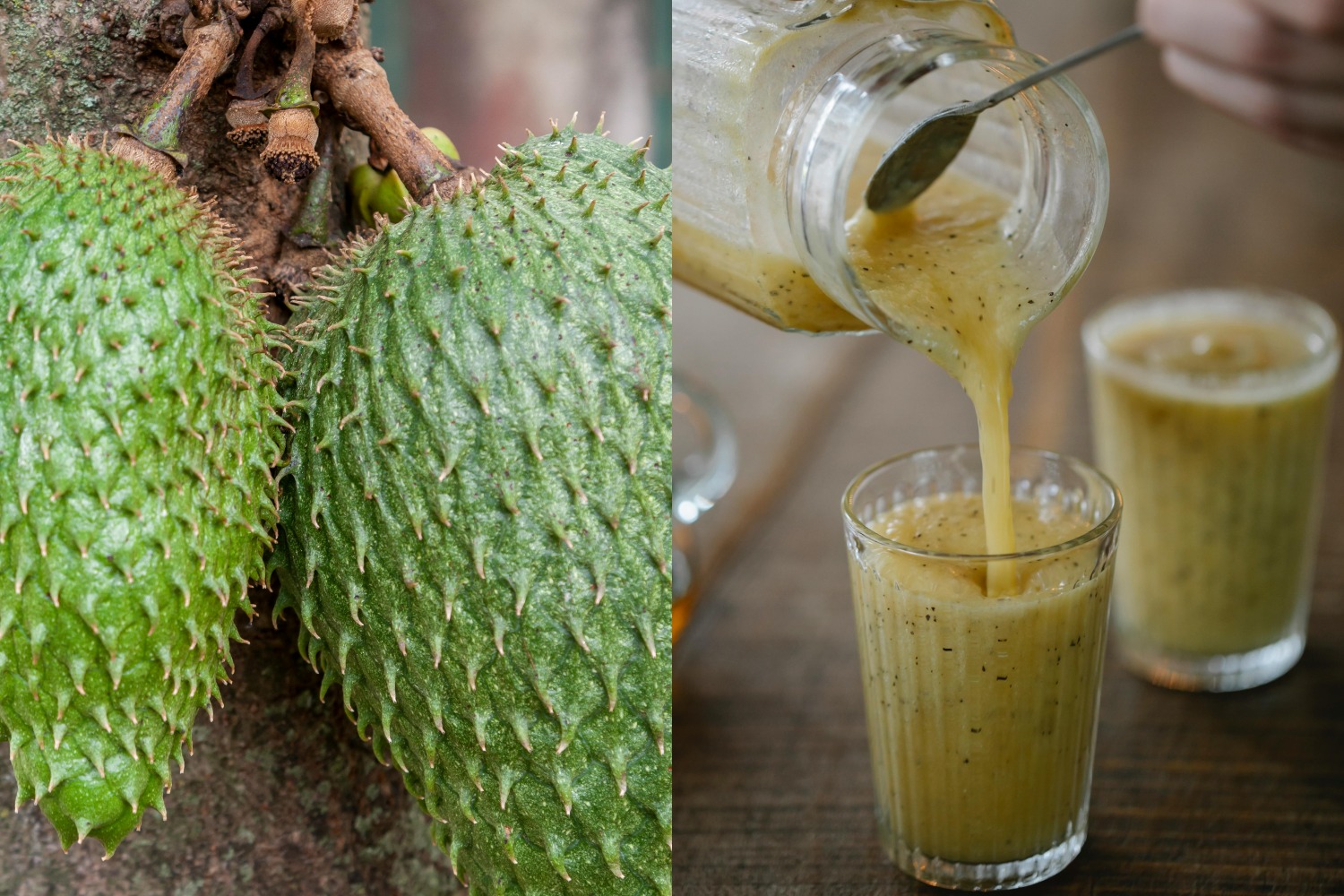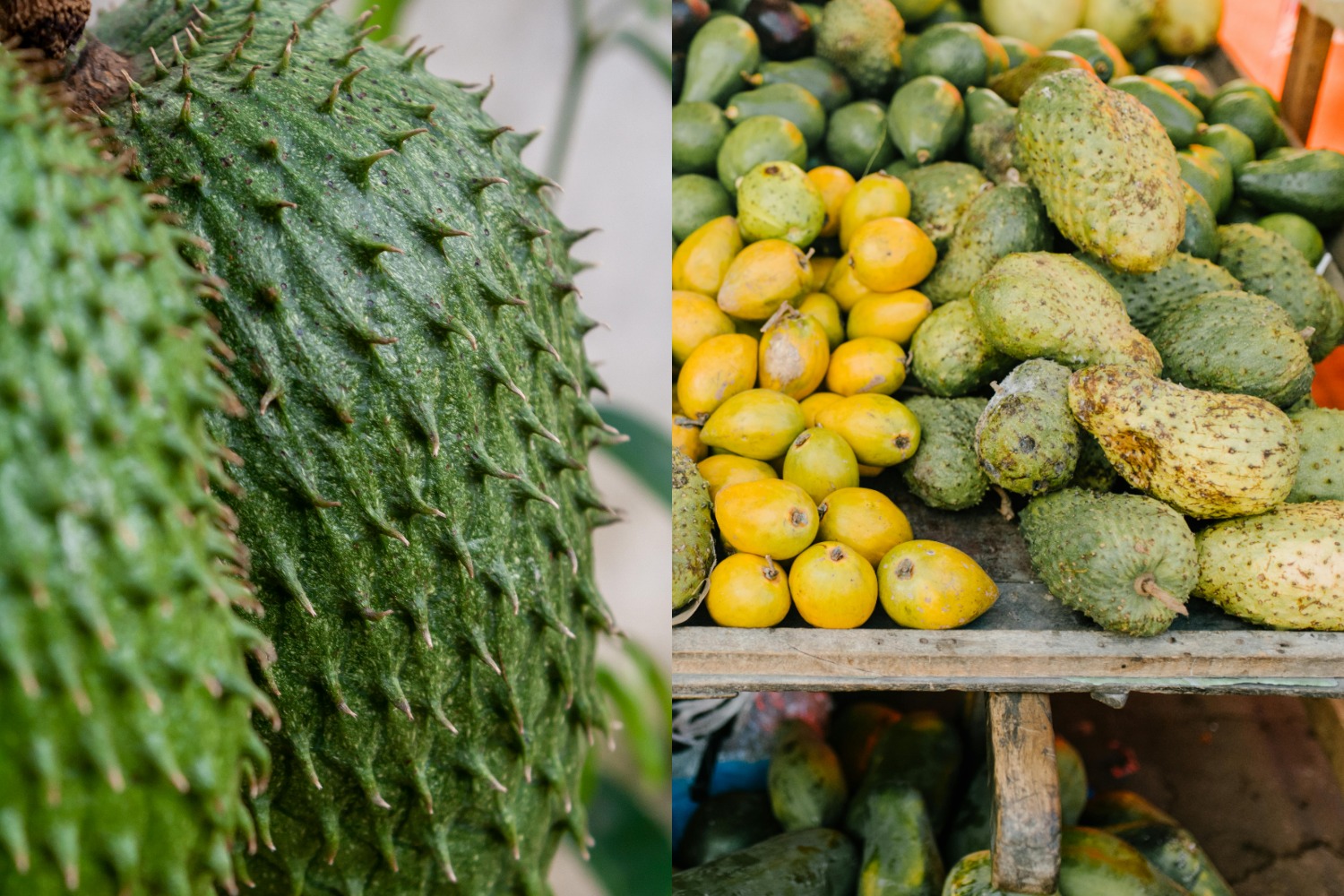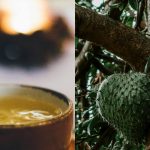Some fruits deliver a sugar rush. Others promise hydration. Soursop, on the other hand, has a reputation that raises eyebrows: many say it makes you sleepy. Not in a metaphorical, “soothing and relaxing” kind of way — but quite literally. People who’ve eaten soursop or consumed its tea often report a noticeable urge to rest or even nap. The question is: is this just folk wisdom, or is there something in soursop that interacts with the body to slow it down?
This isn’t a marketing claim or a wellness myth trending on social media. It’s a long-held belief across cultures where soursop is part of daily life. In Trinidad, some drink it before bed. In Jamaica, soursop leaves are used in nighttime infusions. The connection between this fruit and sleep has roots in tradition, but science has begun to study the compounds that might explain it.
Let’s unpack what soursop contains, how it interacts with the nervous system, and whether it actually has sedative properties that go beyond anecdote.
What Is in Soursop That Might Make You Sleepy?
Soursop (Annona muricata) is a tropical fruit native to the Americas and now widely grown in Southeast Asia and Africa. While its flavor gets attention — somewhere between pineapple and banana — its chemical composition is where things get interesting.
Several studies have identified bioactive compounds in soursop, including alkaloids, acetogenins, and flavonoids. Among these, annonacin, a type of acetogenin, has received the most scrutiny. Although often mentioned for its neurological effects in high doses, annonacin isn’t the only compound that may influence the nervous system.
In particular, the leaves and pulp of soursop contain alkaloids such as asimilobine and reticuline, which are being studied for their effects on GABAergic pathways in the brain. GABA (gamma-aminobutyric acid) is a neurotransmitter that slows brain activity. Medications that act on GABA receptors — like benzodiazepines — are commonly used for sleep and anxiety.
Some researchers propose that compounds in soursop act on the same system, although in a far gentler, food-based way.
What the Research Says
While human trials are limited, several laboratory studies have focused on the sedative effects of soursop extracts.
A study published in the Journal of Ethnopharmacology (2001) tested aqueous extracts of soursop leaves on mice and observed increased sleep duration and reduced locomotor activity. The researchers suggested that the extract had central nervous system depressant properties. In other words, it made the mice calmer and sleepier.
In 2014, a separate study in Pharmacognosy Research evaluated the effects of soursop in animal models and confirmed similar results. Animals given the extract showed signs of drowsiness and decreased motor activity without signs of toxicity.
These studies don’t prove that eating a slice of fresh soursop will sedate a human. But they support what many people have experienced firsthand: after eating soursop or drinking soursop leaf tea, the body slows down, the mind feels less agitated, and sleep may arrive sooner than expected.
Pulp vs. Leaves: Is There a Difference?
Yes. The leaves of the soursop tree are more concentrated in alkaloids and are typically used in traditional herbal teas meant to promote rest. These teas are common in parts of the Caribbean, Central America, and Indonesia.
The fruit pulp, which is what most people consume in smoothies or juices, contains smaller amounts of these compounds but still may have a mild sedative effect, especially if consumed in large portions. People who drink freshly blended soursop juice — especially when it includes pulp and is unfiltered — sometimes report feeling drowsy afterward.

Timing and Dosage: When Sleepiness Happens
Unlike caffeine or sugar, which act quickly, soursop has a more gradual effect. Those who report feeling sleepy after eating it often describe the effect taking place 30 to 60 minutes after consumption. The response may vary depending on:
- Quantity consumed
- Preparation method (raw fruit vs. tea)
- Individual sensitivity to bioactive compounds
Some describe the sensation as “heavy eyelids” or a “body slow-down” rather than sudden sleepiness. Others feel more at ease but remain alert. These differences reflect the variable ways bodies metabolize plant compounds.
Cultural Practices Around Soursop and Sleep
In the Caribbean, soursop leaf tea is a common nighttime ritual. Often simmered with nutmeg or cinnamon, it’s served warm and consumed before bed. The tea is not viewed as a medication but as part of a routine for winding down. In Nigeria and Ghana, the leaves are also used in traditional medicine as part of herbal blends meant to support sleep and calm.
Interestingly, these practices are not fringe. Surveys in regions where soursop is grown show that over 30% of rural households use the fruit or its leaves for more than just nutrition. Rest, digestion, and relief from tension are common reasons cited.
Is It Safe?
When consumed in normal food amounts, soursop pulp is widely considered safe. The concern arises when highly concentrated extracts — especially from seeds or unregulated supplements — are consumed frequently. Some studies have linked large amounts of annonacin with neurotoxicity in rats, though the relevance to humans at dietary levels is still debated.
The seeds of the fruit contain higher levels of acetogenins and should not be consumed. Always remove them before blending or juicing. As with any food that has physiological effects, moderation is key.
For people on sedative medications, combining them with soursop tea or fruit may increase drowsiness. It’s wise to consult a healthcare provider if mixing soursop with prescribed drugs for anxiety, depression, or sleep disorders.
Who Might Benefit?
People who experience occasional restlessness, mild insomnia, or difficulty settling before bed might find that soursop or its tea offers some support. It’s not a replacement for medical treatment, but for those interested in adjusting their nightly routines with plant-based foods, soursop may have a role to play.
Its soothing properties aren’t only anecdotal. The plant’s chemistry supports a physiological explanation for the sleep-related experiences many report. Whether it’s the pulp, the tea, or a juice with visible fiber, the result seems consistent: relaxation, a quieter body, and sometimes, deeper sleep.
The Bottom Line
Does soursop make you sleepy? For many, it does — not with intensity, but with a noticeable quieting of the body. Its alkaloids and natural compounds seem to work subtly on the nervous system, nudging it toward rest rather than jolting it awake.
From folk tea traditions to lab studies in mice, the signals are pointing in the same direction. Soursop might not be a sedative in the pharmaceutical sense, but it certainly leans that way, especially when part of an intentional routine. If you’ve been wondering whether that post-soursop nap is just coincidence, the answer might be rooted more in biology than suggestion.


